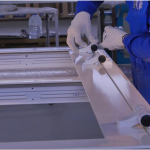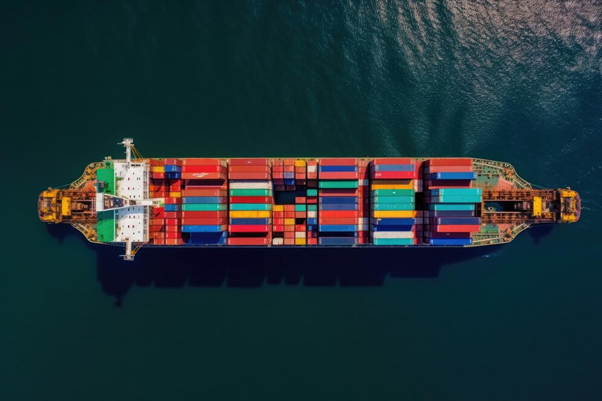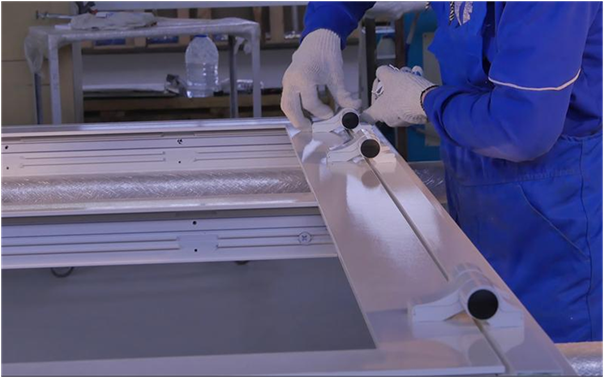In the dynamic world of logistics, efficiency, and innovation are key drivers of success. One such innovation that is reshaping the industry is the development of bolt breaker technology. This revolutionary advancement is not only streamlining processes but also significantly impacting the handling and transportation of shipping cargo containers worldwide.
The Challenge of Traditional Methods
Traditionally, securing shipping cargo container has been a labor-intensive process. Containers are typically secured with heavy-duty bolts to prevent movement and ensure safety during transit. However, the manual removal of these bolts upon arrival at the destination can be time-consuming and requires specialized tools and skilled labor. This inefficiency often leads to delays in the supply chain and increased operational costs.
Introducing Bolt Breaker Technology
Bolt breaker technology represents a breakthrough in container handling and logistics. It involves the use of automated or semi-automated devices designed to swiftly and safely remove bolts from shipping containers upon arrival. These devices utilize advanced mechanisms such as hydraulic pressure or pneumatic systems to exert controlled force, effectively breaking the bolts without damaging the container itself.
The primary advantage of bolt breaker technology lies in its ability to expedite the unloading process. By automating the removal of bolts, it reduces dependency on manual labor and minimizes the time required for container handling at ports and warehouses. This efficiency gains are particularly crucial in busy ports where rapid turnaround times are essential for maintaining smooth operations.
Operational Efficiency and Cost Savings
The implementation of bolt breaker technology translates into tangible benefits for logistics operators and shipping companies alike. By reducing the time spent on unbolting containers, it optimizes labor resources and increases overall operational efficiency. This efficiency gain not only improves productivity but also lowers operational costs associated with labor and equipment maintenance.
Moreover, the streamlined process enabled by bolt breaker technology enhances supply chain reliability. Faster turnaround times mean quicker delivery of goods to their destinations, reducing inventory holding costs and enhancing customer satisfaction. This operational agility is a competitive advantage in today’s global marketplace where speed and reliability are paramount.
Environmental Impact and Sustainability
Beyond operational benefits, bolt breaker technology contributes to sustainability initiatives within the logistics industry. By minimizing the use of manual tools and equipment, it reduces carbon emissions and energy consumption associated with container handling operations. This aligns with global efforts to promote eco-friendly practices and mitigate the environmental footprint of logistics activities.
Challenges and Future Developments
While bolt breaker technology offers significant advantages, its adoption is not without challenges. Initial investment costs, technological integration, and training requirements for personnel are considerations that logistics companies must evaluate. Furthermore, ongoing research and development are focused on enhancing the efficiency and reliability of bolt breaker devices, potentially incorporating smart technologies and predictive maintenance systems.
Looking ahead, the future of bolt breaker technology in logistics appears promising. Continued innovation is expected to further streamline container handling processes and address industry-specific challenges. As advancements in automation and robotics continue to evolve, the potential for even greater efficiency gains and cost savings becomes increasingly achievable.
Conclusion
In conclusion, the introduction of bolt breaker technology represents a transformative step forward in the logistics sector. By revolutionizing the way shipping cargo containers are handled and secured, this technology enhances operational efficiency, reduces costs, and supports sustainability goals. As logistics companies embrace these innovations, they position themselves to meet the demands of a rapidly evolving global marketplace while driving forward the industry standards in efficiency and reliability.











